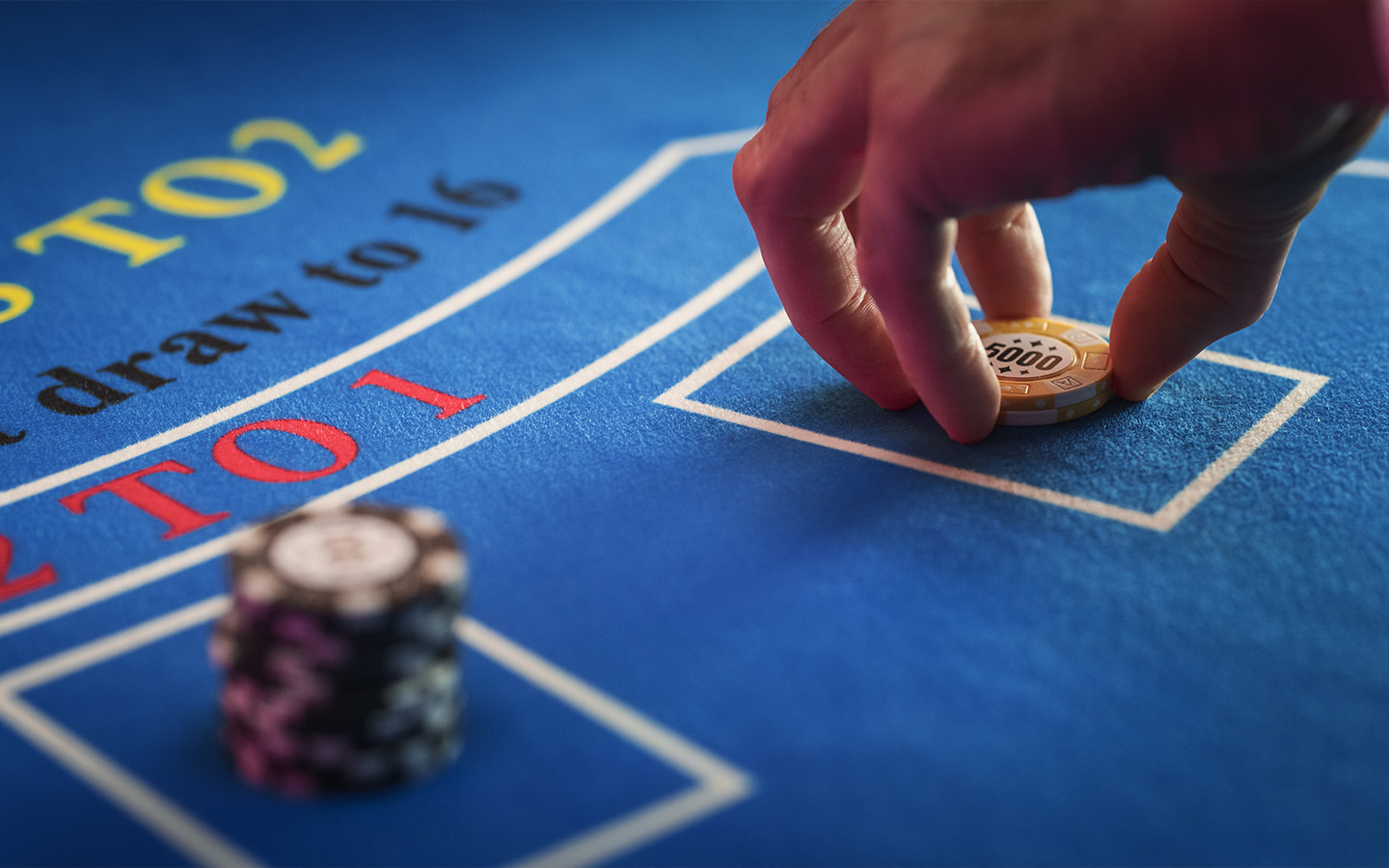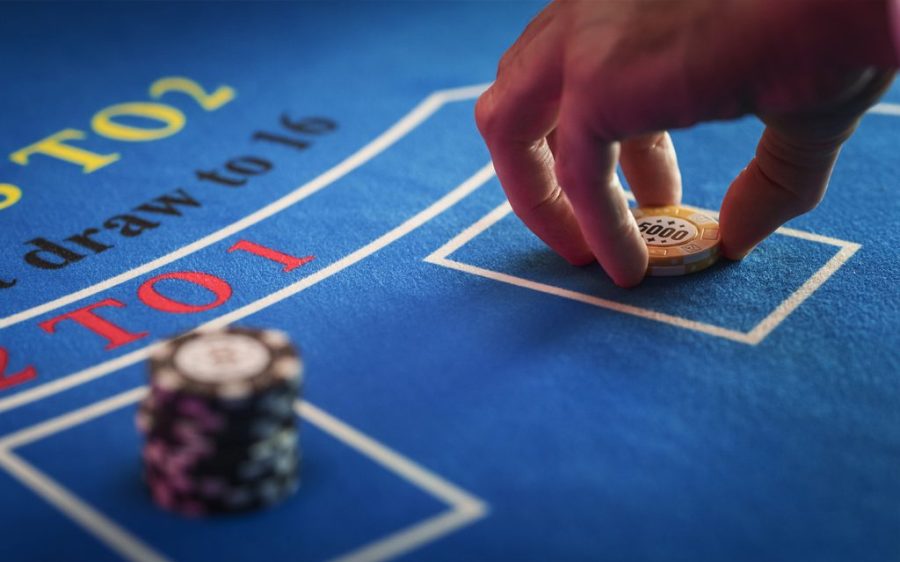Former top judge Sam Hou Fai has described Macao’s gambling industry as having “a very large, negative impact” on society, and vowed to focus on diversifying the SAR’s economy if elected as its next Chief Executive (CE) in October, the South China Morning Post reports.
Speaking at a press conference on Wednesday, the 62-year-old elaborated: “There have been times when [the gambling industry] developed in a disorderly way and expanded wildly. This not only squeezes the resources of our society and manpower from all aspects, but also affects our young people’s choice of employment and career development,” he said.
Macao is highly reliant on casinos: during the first seven months of the year, 84 percent of government revenue stemmed from taxes levied on gambling activities. But the industry’s liberalisation is also largely to thank for Macao’s remarkable socioeconomic growth over the past two decades, and its transformation into one of the world’s wealthiest territories.
[See more: What would it mean for Macao if Sam Hou Fai becomes the next chief executive?]
Nevertheless, the current government is already in the middle of a diversification push under its so-called “1 plus 4” framework, outlined in detail at the end of last year. It involves growing four emerging industries (traditional Chinese medicine, financial technology, high technology and event production) around the single core of tourism and leisure.
The aim is for non-gambling activities to contribute a collective 60 percent of Macao’s gross domestic product. While that ratio was achieved last year, the casinos had yet to recover fully from the pandemic and are expected to contribute more in 2024.
Sam has not yet revealed his full election platform, but it may include more ambitious targets for Macao’s economy. He has said that his key economic policy directions would involve enhancing Macao’s ties with Portuguese-speaking countries and Southeast Asia.
Professor Ieong Meng-u, a political scientist at the University of Macau, told the Post that Sam’s bearish stance on gambling was likely a signal to the central government that he shared its views on the industry – rather than an indication he would implement sudden changes.
[See more: The Internet asked, ‘Why is Macao so rich?’ and we answered]
“Sam emphasised Beijing’s plan on Macao’s development, and it is why he described the gaming sector as developing ‘in a disorderly way’ because that’s how Beijing perceived it, but it doesn’t mean he would change the [sector’s] status quo, at least not in the next few years,” he said.
Earlier this month, the brokerage firm Seaport Research Partners said it did not expect a change in CE would deliver “any material changes” to Macao’s gambling industry. It noted that whoever the new CE was, they would have “an understanding of the importance of the gaming and hospitality industry to the economic well-being and future development of Macao.”
Macao’s election is scheduled for 13 October and the new CE will take office on 20 December. The incumbent CE, Ho Iat Seng, recently announced he would not be running for a second term due to health reasons. Sam announced he was throwing his hat in the ring on Wednesday, two days after resigning from his role of chief justice.






